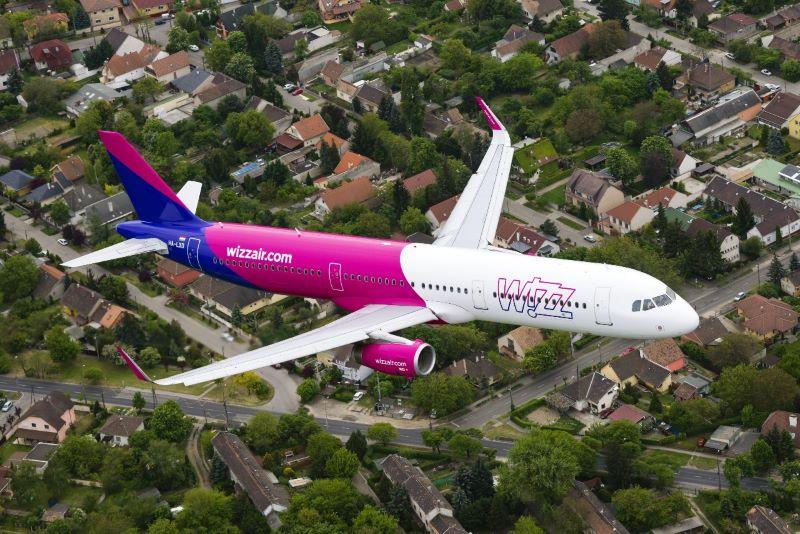
LONDON—The UK Civil Aviation Authority is to take enforcement action against Wizz Air following a large number of passenger complaints about the Hungary-based ULCC.
The UK regulator has been deluged with hundreds of complaints—the most ever received—that the airline has failed to provide alternative flights or render care and assistance after delays or cancellations of Wizz Air flights.
Many passengers complained to the CAA that they had been unable to obtain compensation from Wizz Air for overnight accommodation or replacement flights they had been forced to purchase from other carriers following disruption of Wizz Air services.
Wizz Air said that the stresses of summer 2022—including air traffic control (ATC) disruptions, airport constraints, and widespread staff shortages across the industry—had overwhelmed its resources. It accepted that passenger claims had taken too long to process and pay.
Following contacts with the airline stretching over several months, the CAA has now required the carrier to undertake two initiatives: going forward, to make changes to its policies and practices when passengers are delayed; and looking backward, to review passenger compensation claims going back up to six years.
Those claims made on or after March 18, 2022, will be automatically reviewed; those passengers with unresolved claims prior to that date, but not more than six years ago, will be able to request a review.
The CAA’s normal approach in such circumstances is to give “guidance and advice” to airlines. However, the scale of the problem with Wizz Air has been so great that it has now required the airline to sign legally binding agreements to improve the situation.
The CAA will monitor Wizz’s compliance over coming months and look at a sample of cases. If it believes that the carrier is not complying with the terms of the agreement, the next step will be court action.
In a statement, Wizz Air said, “Last summer, like all airlines in Europe, [we] faced unprecedented operating challenges, driven mostly by the external environment, including ATC disruptions, airport constraints and staff shortages across the whole supply chain. As a result, we were unable to meet our own high standards of service. Flights were too often late or cancelled, disruption management overwhelmed our internal and external resources, and claims took too long to process and pay. We have learned from this experience and have taken significant steps to make our operation more robust and customer centric.”
The airline said it has signed undertakings and is collaborating closely with the CAA to deliver an improved operation.
“We have launched our own commitments to reduce cancellations and ensure we create a better experience for customers,” the airline said. “Significant improvement has already been made. We completed 99.57% of our flights in the first half of 2023, which is well above the industry average. We expect this summer to be challenging for air traffic control, which will have an impact on airlines. While we cannot anticipate every disruption, we have invested over £90 million [$115 million] to prepare for increased air traffic. We are confident that we have taken the right steps to better support passengers this summer season.”





